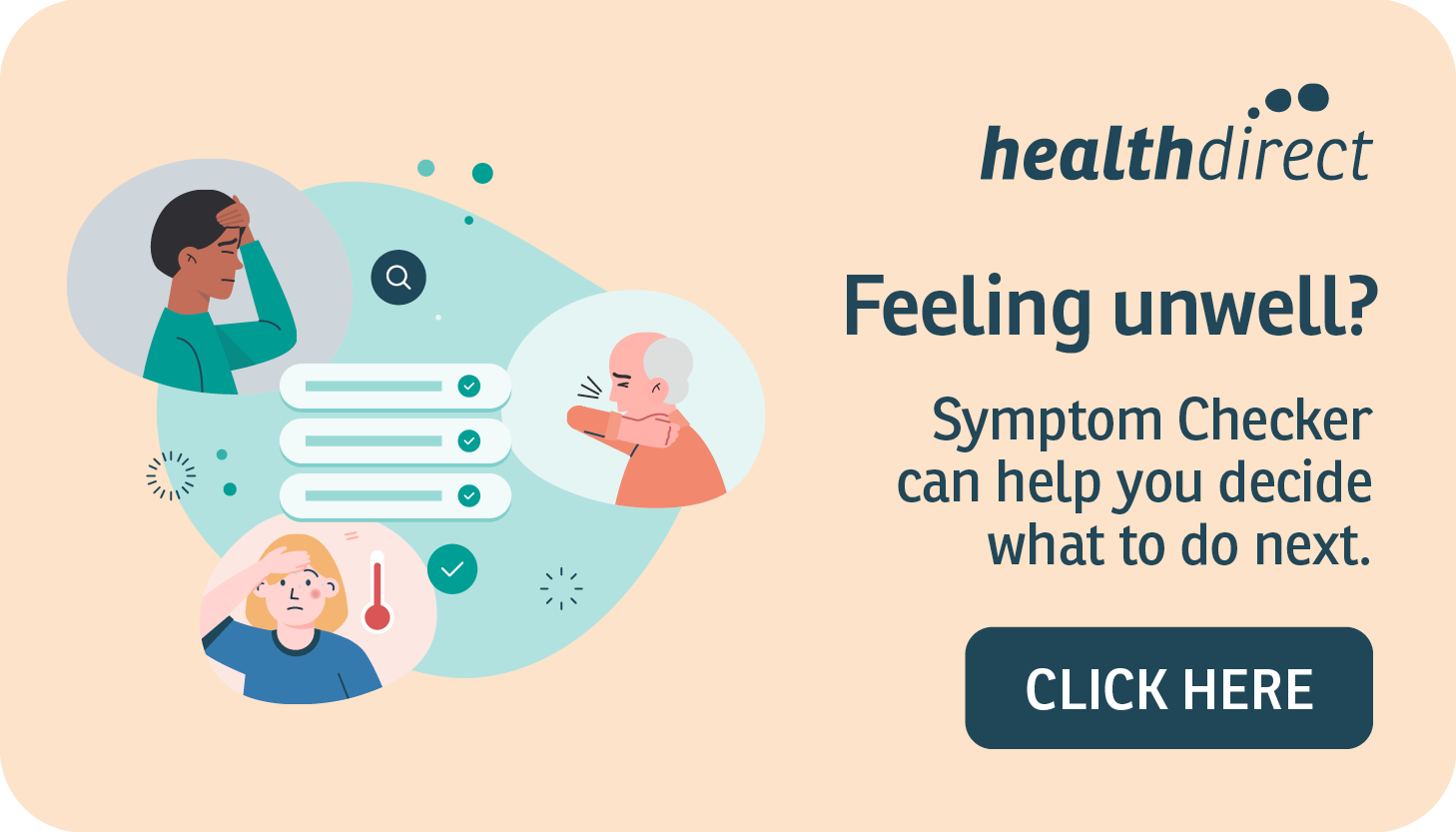.jpg)
Where do I start?
Heading 1
It’s very common to feel overwhelmed, exhausted and a range of other emotions during pregnancy or when looking after a new baby. It is going to be one of the biggest changes in your life and one that we are all often totally unprepared for.
The first year after having a baby is also a time of great change not only to your identity but also to your relationships. It’s helpful to take a breath and pause for a moment and let it all sink in, allowing yourself time to settle into your new life as a parent. It takes time to adjust and also to get to know your baby and learn to manage your new life.
This is the H1 title
Seeking help
As a very first step in seeking help, talking to other parents who are at a similar life stage can be helpful to feel heard, understood, and less isolated. Often offloading fears and frustrations is all that is needed to feel more at ease, but be mindful to choose someone who is non-judgemental and easy to be honest with.
If support from friends and family is not enough, there are many helpful online sources of peer support. Health professionals are also a source of support for new and expectant parents, whether they have physical or emotional concerns.
When to seek further support
If a new parent feels overly worried, more irritable, or sadder than usual, or if sleep or appetite changes and doesn’t settle within two weeks, it is time to seek support. 1 in 5 mothers and 1 in 10 fathers are affected by perinatal depression and anxiety (PNDA), and although it is common, accessing professional help for perinatal depression and anxiety can feel daunting at times.
There is often a stigma surrounding mental health, so making the first approach to a professional is not always easy. If this is the case, a friend or relative can make the phone call on their behalf or attend the appointment for support. Health professionals are trained to treat a wide variety of anxious and depressive feelings and should not be feared.
Expectant and new parents might not seek help because:
- They may not realise they have a medical condition that can be treated
- They feel shame or guilt for not enjoying their parenting role
- They are afraid of being labelled a ‘bad mother’
- A diagnosis can prove difficult if not consulting with someone who has perinatal experience
- Prior negative experience with health professionals
- Fear of having the baby taken away
- Stigma associated with mental health conditions
- Access to support may be difficult
- Dads/partners may feel bad saying they are struggling, given what their partner is going through
- Dads/partners may feel like it is not supportive to talk about their feelings
- Partners might be busy juggling work and family and don’t realise their own mental health is deteriorating
Research has consistently shown that parents who receive timely professional support have the best chances of recovering from PNDA.
Where can I find help?
Professionals who can help with perinatal depression and anxiety:
- Child and Family Health Nurse
- General Practitioner
- Midwife
- Obstetrician
Health professionals can refer to the following specialists if further support is required:
- Psychologist
- Psychiatrist
- Social Worker
- Specialist support groups
- Mental health nurses


.png)

